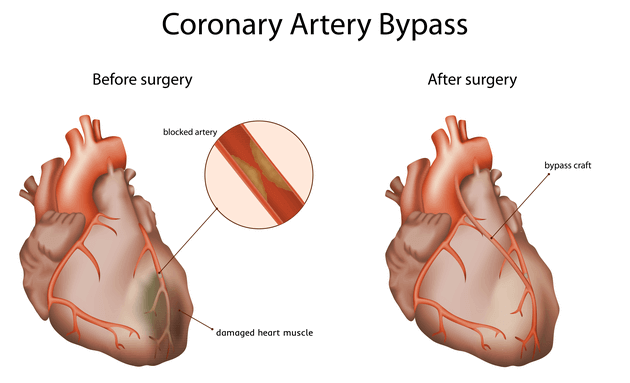Services

Post-Bypass Angioplasty Care: Guidelines for Optimal Recovery
After undergoing a bypass angioplasty, it’s crucial to follow a structured post-procedure care plan to ensure optimal recovery and to maintain the success of the procedure. Here are key steps and considerations:
Immediate Post-Procedure Care
- Monitoring: You will be monitored in a recovery room, where your vital signs (heart rate, blood pressure) and the puncture site for bleeding or complications will be closely observed.
- Medications: You will likely be prescribed medications such as antiplatelets (e.g., aspirin, clopidogrel) to prevent blood clots, statins to manage cholesterol, and other medications as needed to control blood pressure and manage any existing conditions.
- Activity Restrictions: Initial rest is crucial. Avoid strenuous activities for a few days. Follow your doctor’s advice on when it’s safe to resume normal activities, including work and exercise.
Long-term Care and Lifestyle Changes
- Diet: Adopt a heart-healthy diet rich in fruits, vegetables, whole grains, and lean proteins. Limit intake of saturated fats, trans fats, cholesterol, sodium, and added sugars.
- Exercise: Regular physical activity is important. Aim for at least 30 minutes of moderate-intensity exercise most days of the week, as recommended by your healthcare provider.
- Weight Management: Maintain a healthy weight to reduce the strain on your heart and improve overall cardiovascular health.
- Smoking Cessation: If you smoke, quitting is one of the most significant steps you can take to improve your heart health.
- Alcohol: Limit alcohol intake. Moderate consumption is generally defined as up to one drink per day for women and up to two drinks per day for men.
Follow-Up Care
- Regular Check-Ups: Regular follow-up appointments with your cardiologist are essential to monitor your heart health and the status of the angioplasty site.
- Cardiac Rehabilitation: Participating in a cardiac rehabilitation program can provide you with the education and support needed to improve your heart health through monitored exercise, nutritional counseling, and stress management.
- Monitoring Symptoms: Be vigilant about any new or recurring symptoms such as chest pain, shortness of breath, dizziness, or unusual fatigue. Report these to your doctor immediately.
Psychological and Emotional Support
- Mental Health: It’s normal to feel anxious or depressed after a major heart procedure. Seek support from mental health professionals, support groups, or counselors if needed.
- Stress Management: Practice stress-reducing techniques such as yoga, meditation, deep breathing exercises, or hobbies that relax you.
By adhering to these guidelines and maintaining close communication with your healthcare providers, you can significantly improve your recovery and reduce the risk of future heart problems.
admin
0